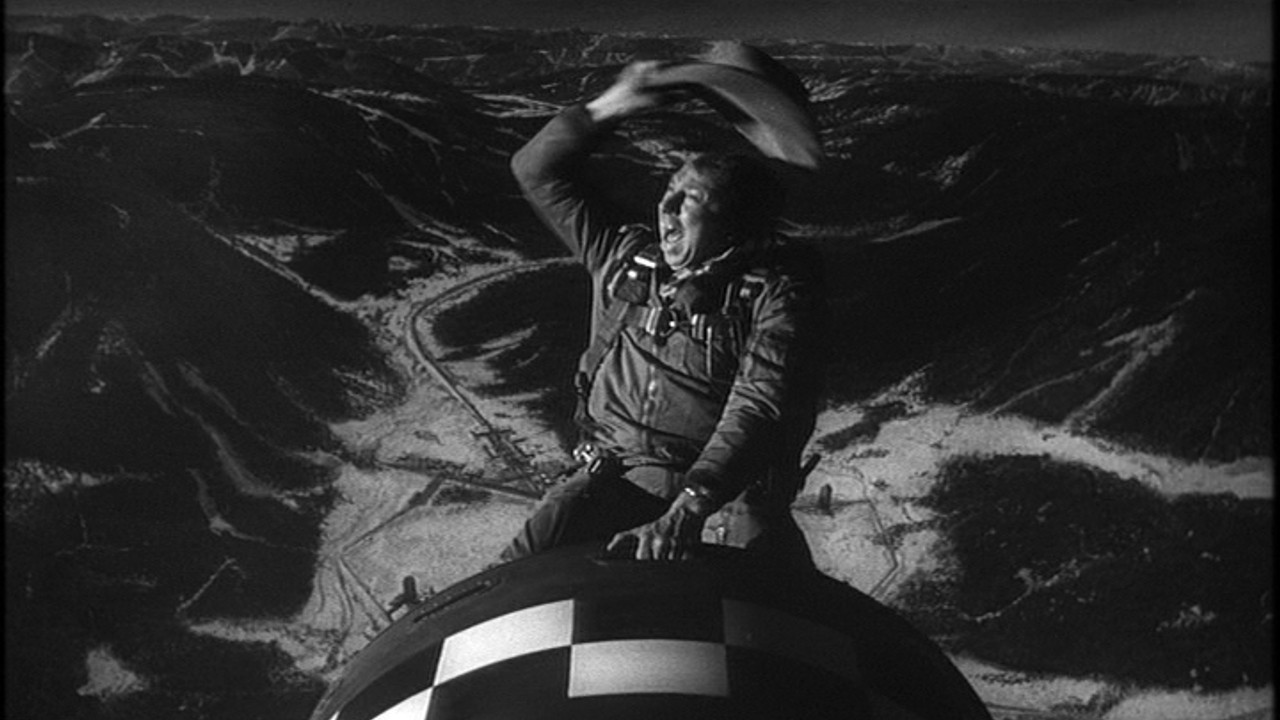Sometimes the biggest barrier to optimal health is human nature, writes Dr Linda Calabresi
It’s classic, isn’t it? Once again the gap between what should happen and what goes on the real world hits us right between the eyes.
I’m talking about that recent study that was published in the BMJ’s Heart journal. The one that showed about a third of patients with atrial fibrillation were not regularly taking their dabigatran or their rivaroxaban within six months of starting.
One third! That’s a huge proportion of people who are sitting ducks for a stroke but for one reason or another – probably forgetfulness more likely than not – are taking a totally unnecessary risk.
I guess it shouldn’t be surprising – there have been very similar studies showing people have trouble sticking to daily pill taking when the effect of the medication isn’t immediately apparent, such as with statins or anti-hypertensives.
But avoiding stroke, you would have thought, would be a pretty big incentive. Especially when you know you have atrial fibrillation and your risk is high.
This particular study estimated that the risk of stroke or TIA was between 3.75 and 6.25 times higher in those patients who didn’t take their DOAC compared with those that did.
This makes not taking the prophylaxis a bigger stroke risk than smoking.
Ever since these newer anticoagulants hit the market the catch cry has been what a boon they are for patients in that they won’t need their INR checked all the time. It seemed like such a great idea.
Who would have guessed that by getting rid of all that time-consuming, medico-legally challenging, MBS-costing INR monitoring we were, in fact, shooting ourselves in the foot. Making things easier has not made things better. There’s no point in having a wealth of evidence to prove that a treatment works if people don’t take it.
Maybe we just need numbers. Diabetics appear to do better when they monitor their BSLs. Hypertensives respond to regularly checking their blood pressure. Weight watchers rely on their weekly weigh-ins.
For those people who just forget their daily tablet we need some sort of reminder, some means of helping them to help themselves.
As this latest study shows, sometimes the biggest barrier to optimal health is not the characteristics of the disease, the environment or the drugs. It’s something much closer to home, something much more real – human nature.
Dr Linda Calabresi is TMR’s Medical Editor


